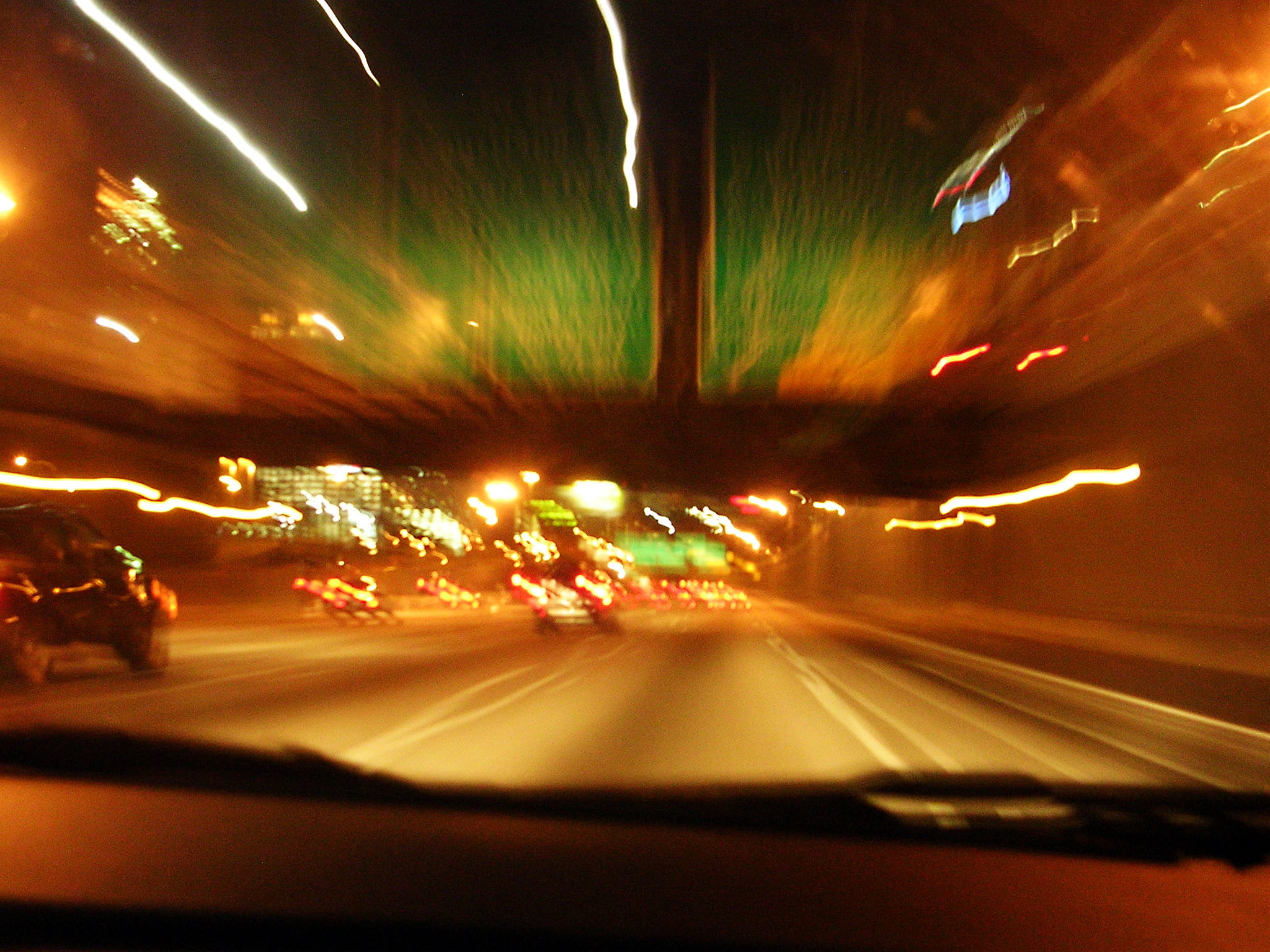If there’s ever been a moment when you’ve been listening to someone but can’t recall what they said, or have been driving somewhere yet can’t remember how you got there, it could be you were having a micro sleep.
What is micro sleep?
Micro sleep is when your brain shut downs for up to 30 seconds. It happens when you are overtired and your brain can’t cope, so you simply nod off to deal with the fatigue.
The dangers of micro sleep
Falling asleep unexpectedly, even if it’s just for a few moments, can be extremely dangerous and sometimes can even result in death.
Unfortunately, micro sleep often happens when we are doing something routine, like driving a car – which makes it all the more dangerous.
Sometimes you might not even know you are suffering from micro sleep, as you might feel as though you are awake and yet your brain isn’t functioning how it should.
Risk periods for micro sleep
There are certain times of the day when you might be more likely to have a micro sleep episode, and this includes the early afternoon and just before dawn.
Your chance of having a micro sleep incident also dramatically increases when you don’t have the recommended 7-9 hours of sleep a night.
Unfortunately, it can sometimes be difficult to identify when you’re having a micro sleep episode as your eyes can remain open throughout the duration of the incident.
Common signs you’ve had a micro sleep episode
If you are staring blankly at the person you’re talking to, feel your head drop and then jerk up again, are blinking slowly yet frequently, find your body suddenly jerking or aren’t able to recall what someone was saying, then you might have experienced a micro sleep. It’s important to be vigilant of these signs for your own safety.
Micro sleep and sleep apnea
One of the biggest causes of micro sleep is sleep apnea. Not getting a good night’s rest as the result of suffering from a sleep disorder such as sleep apnea can greatly increase your micro sleep risk.
However, treatments are available to improve the symptoms of your sleep apnea, so if you believe this is happening to you then it’s important you seek help.
If you feel this might be you, get in contact with us today to see how we can assist.

